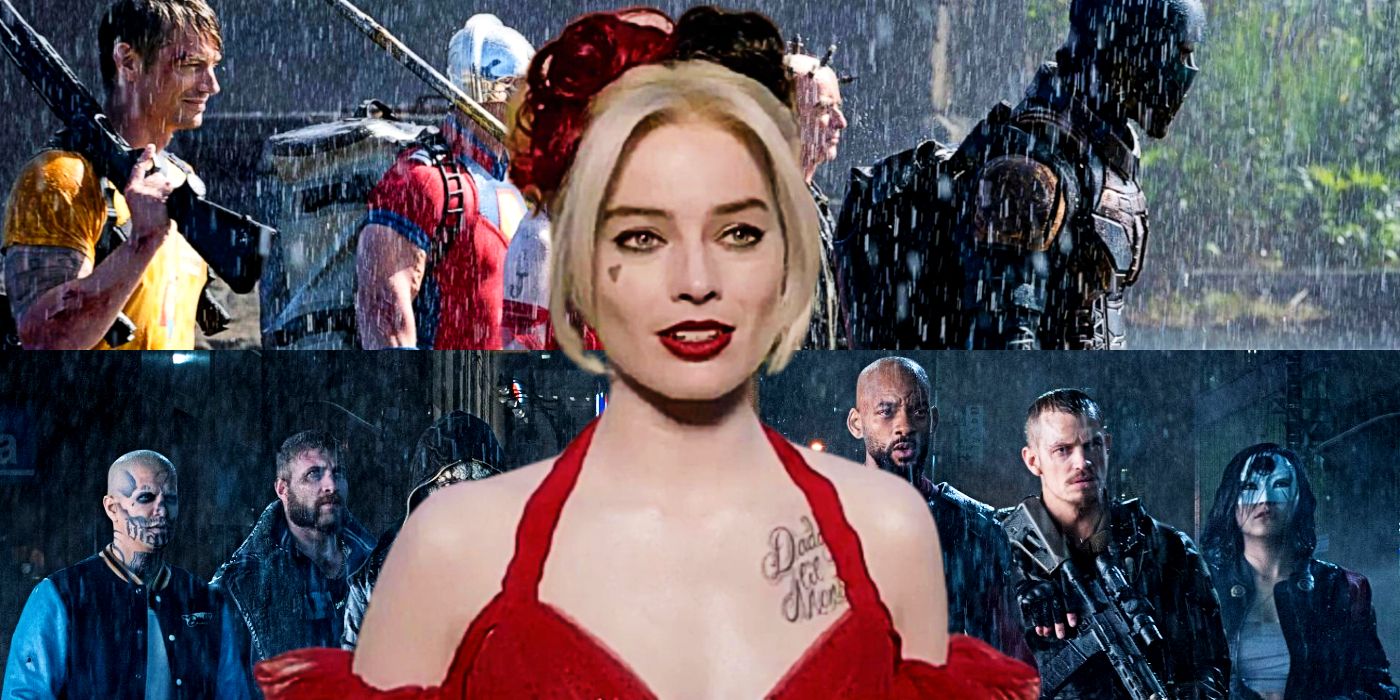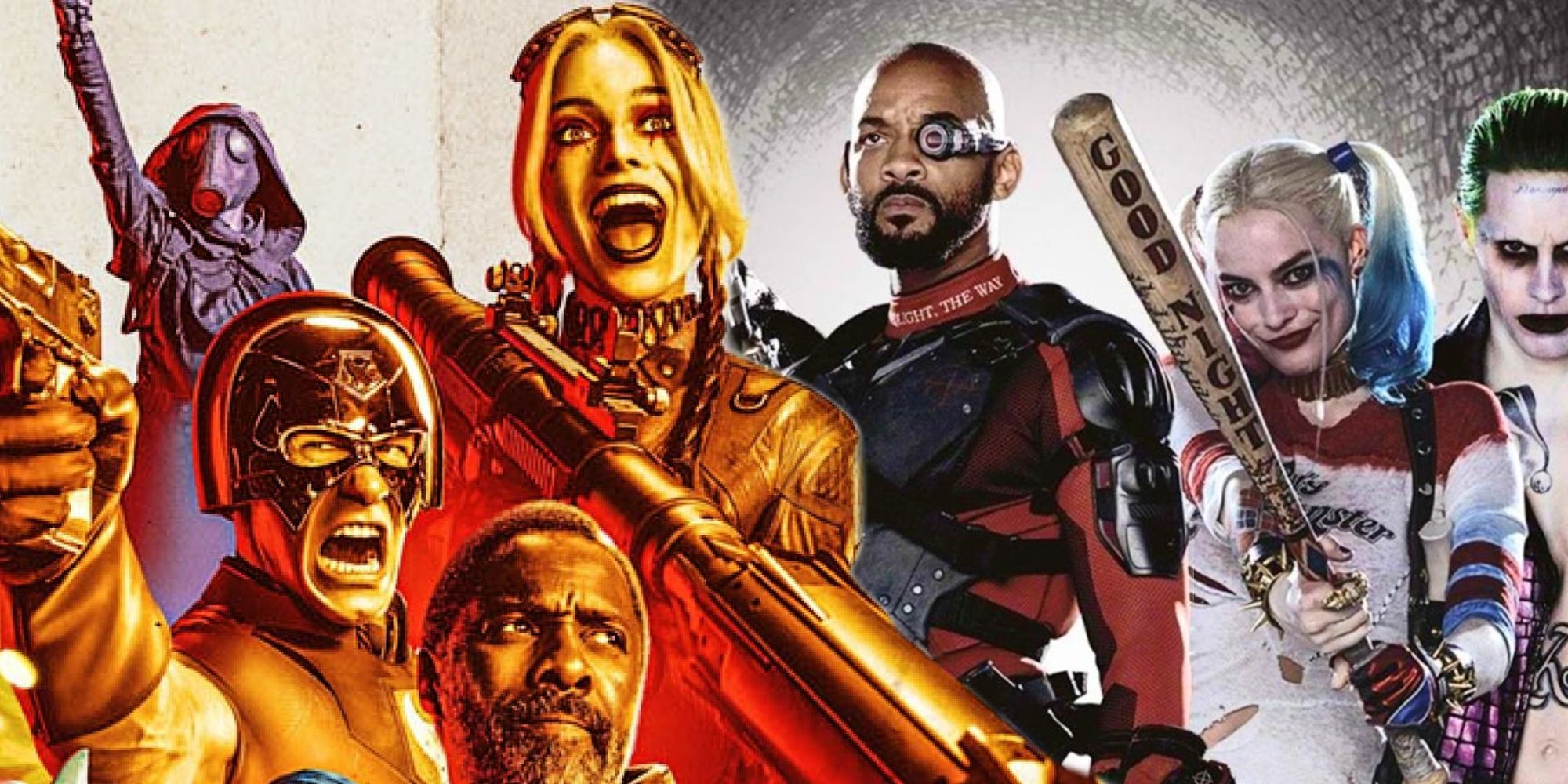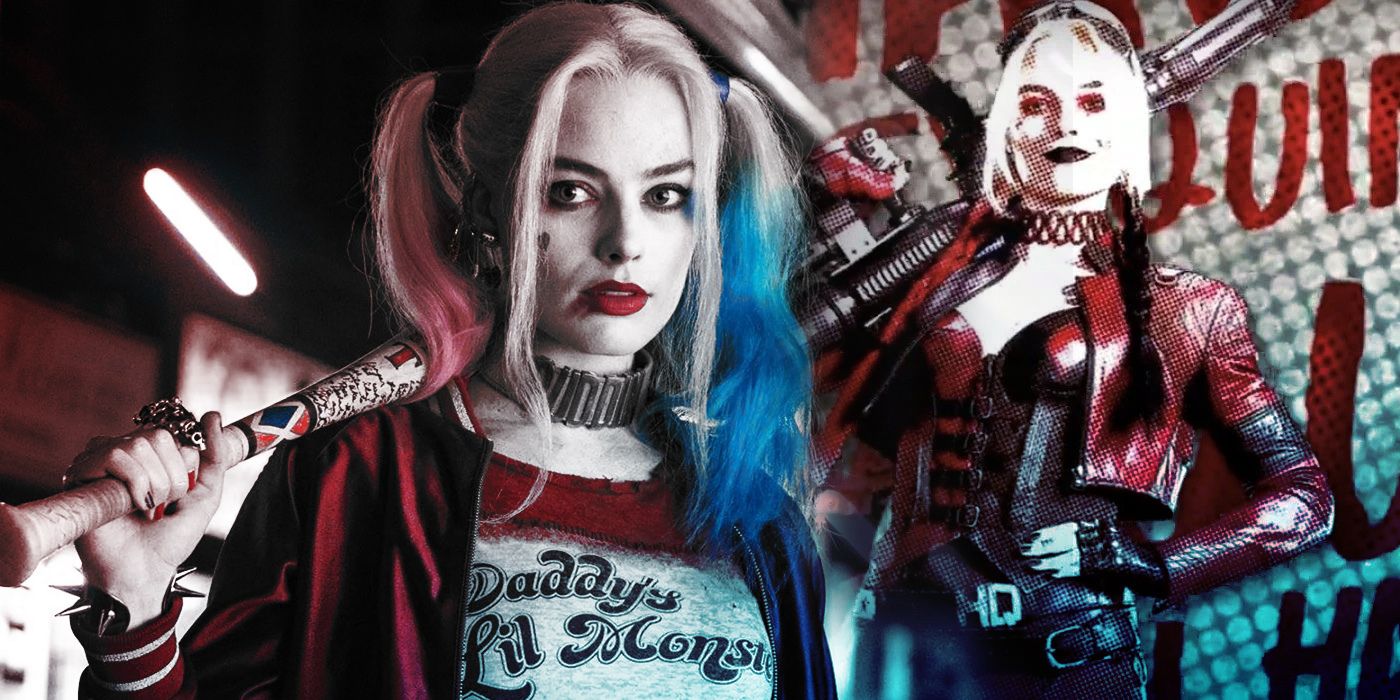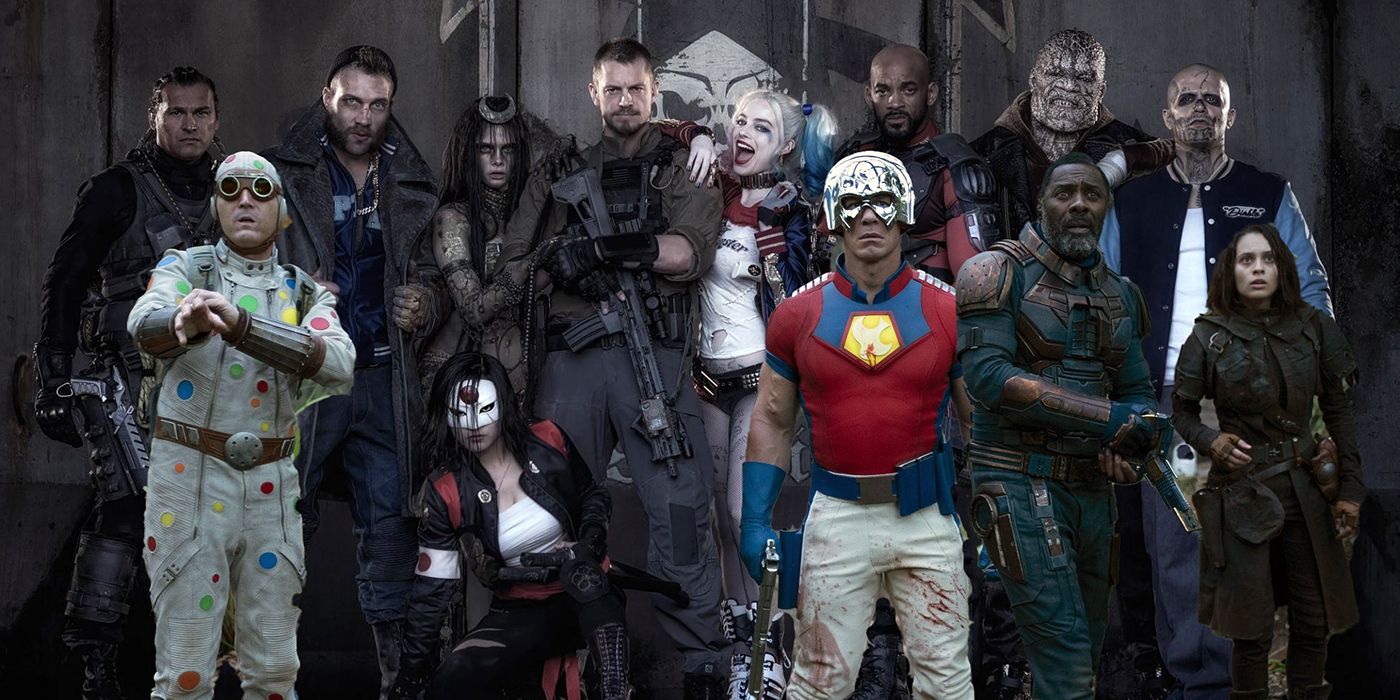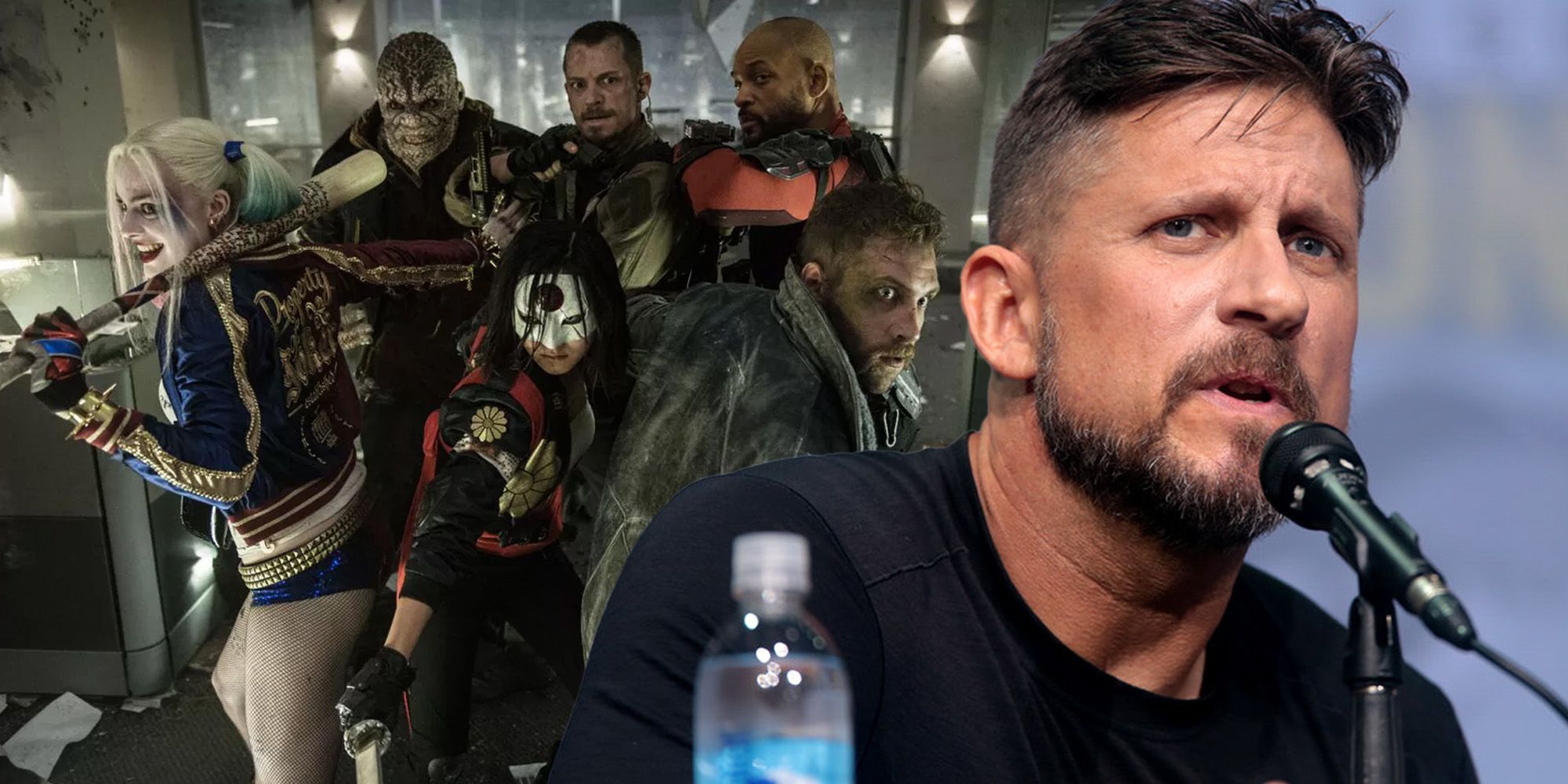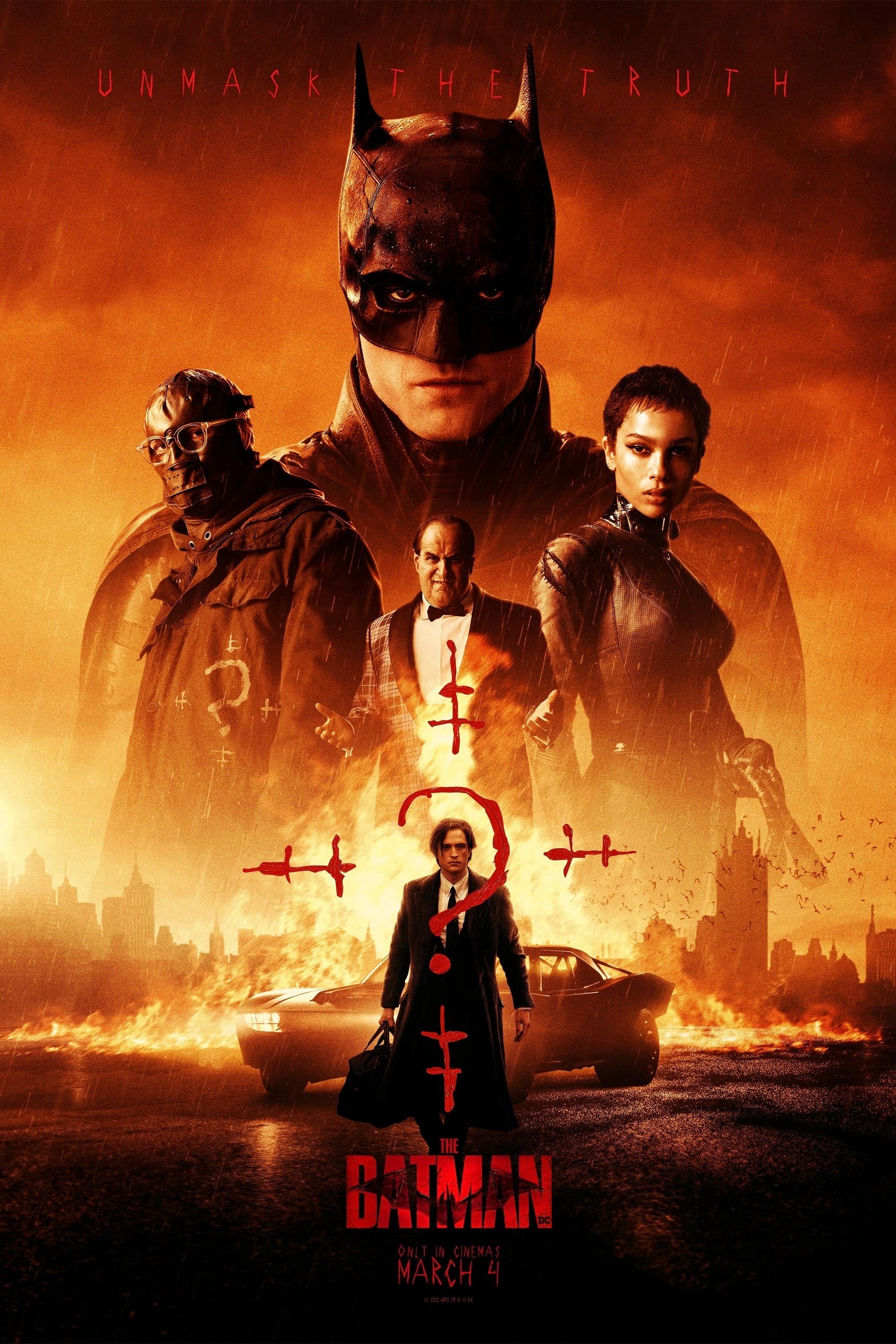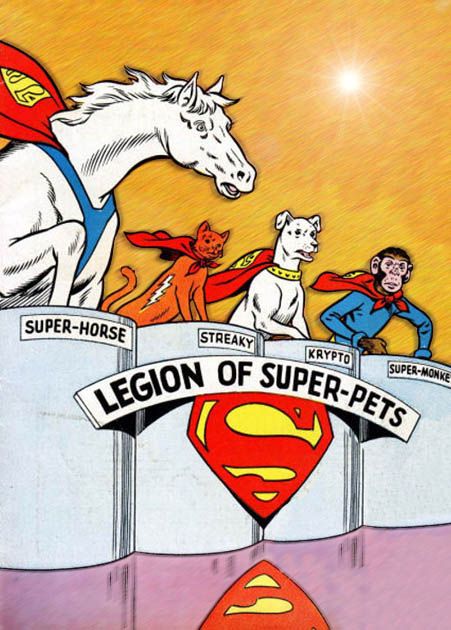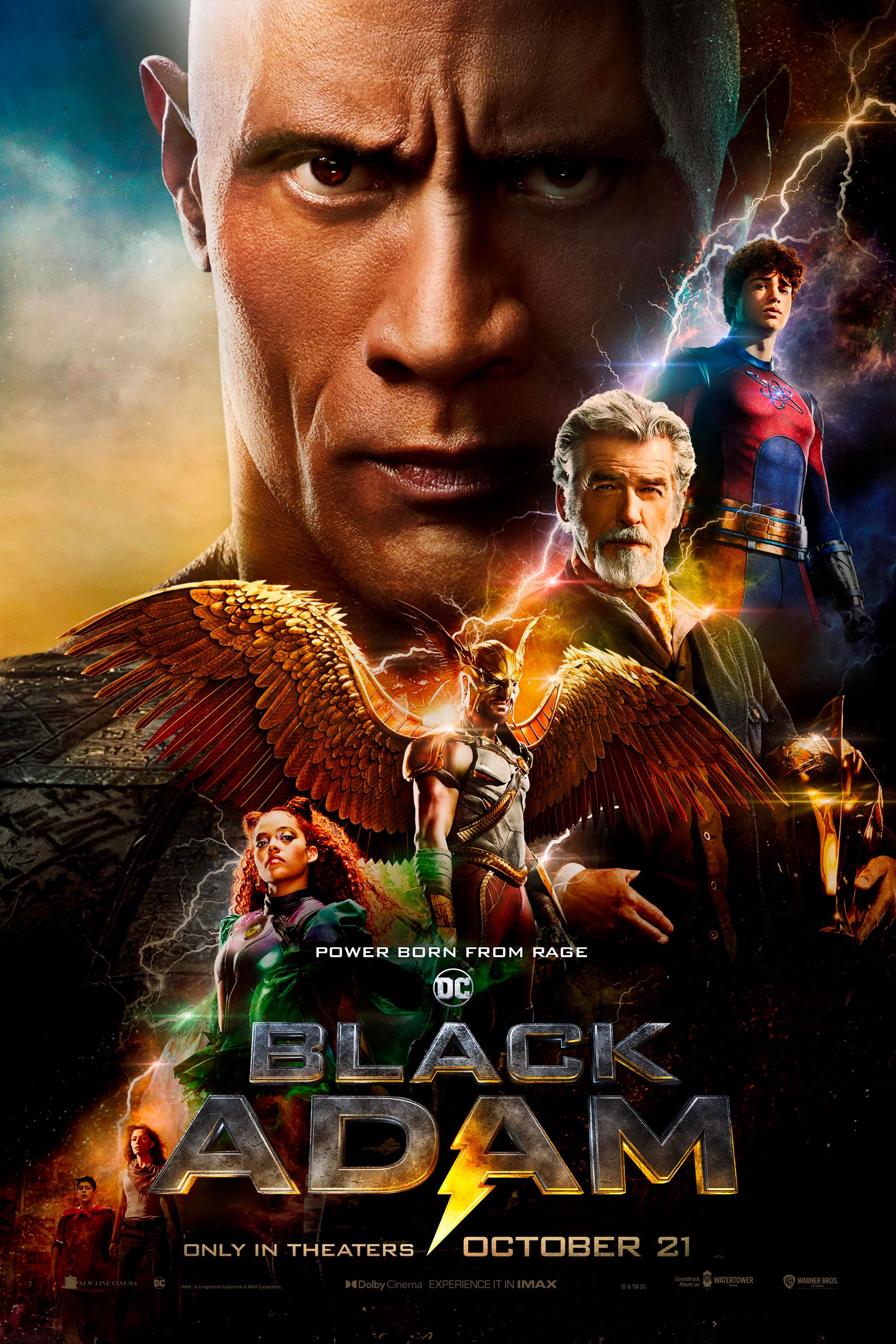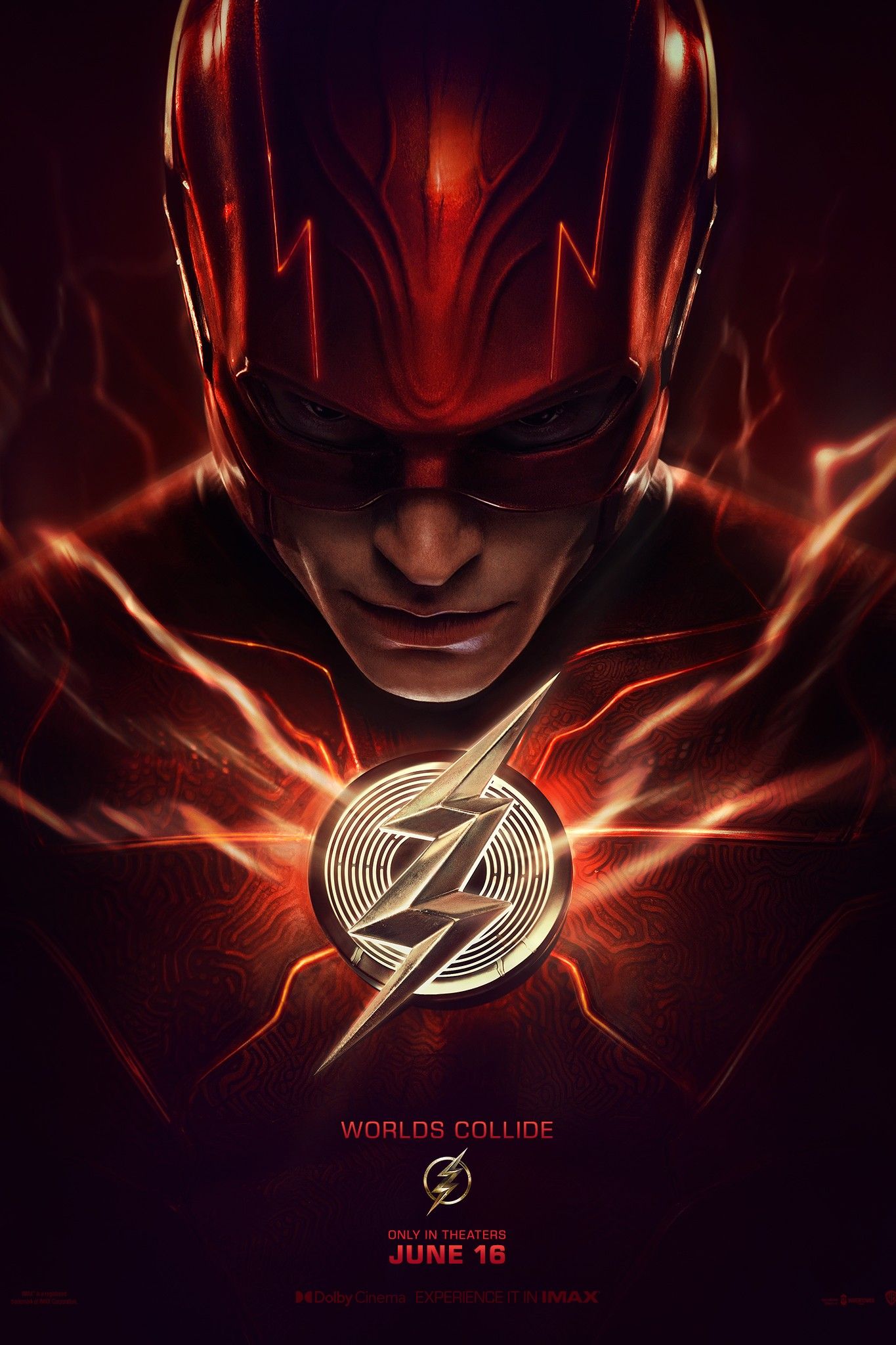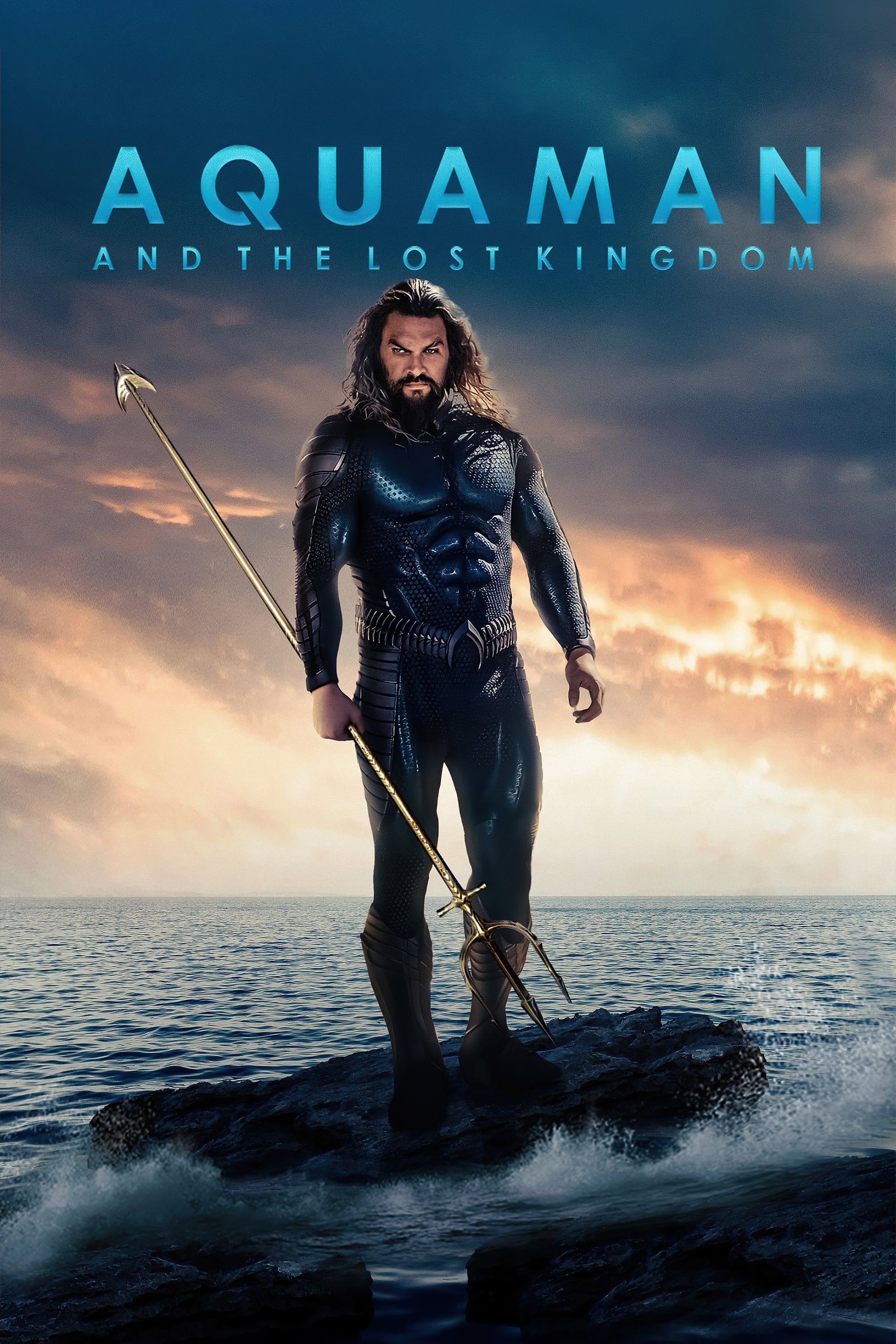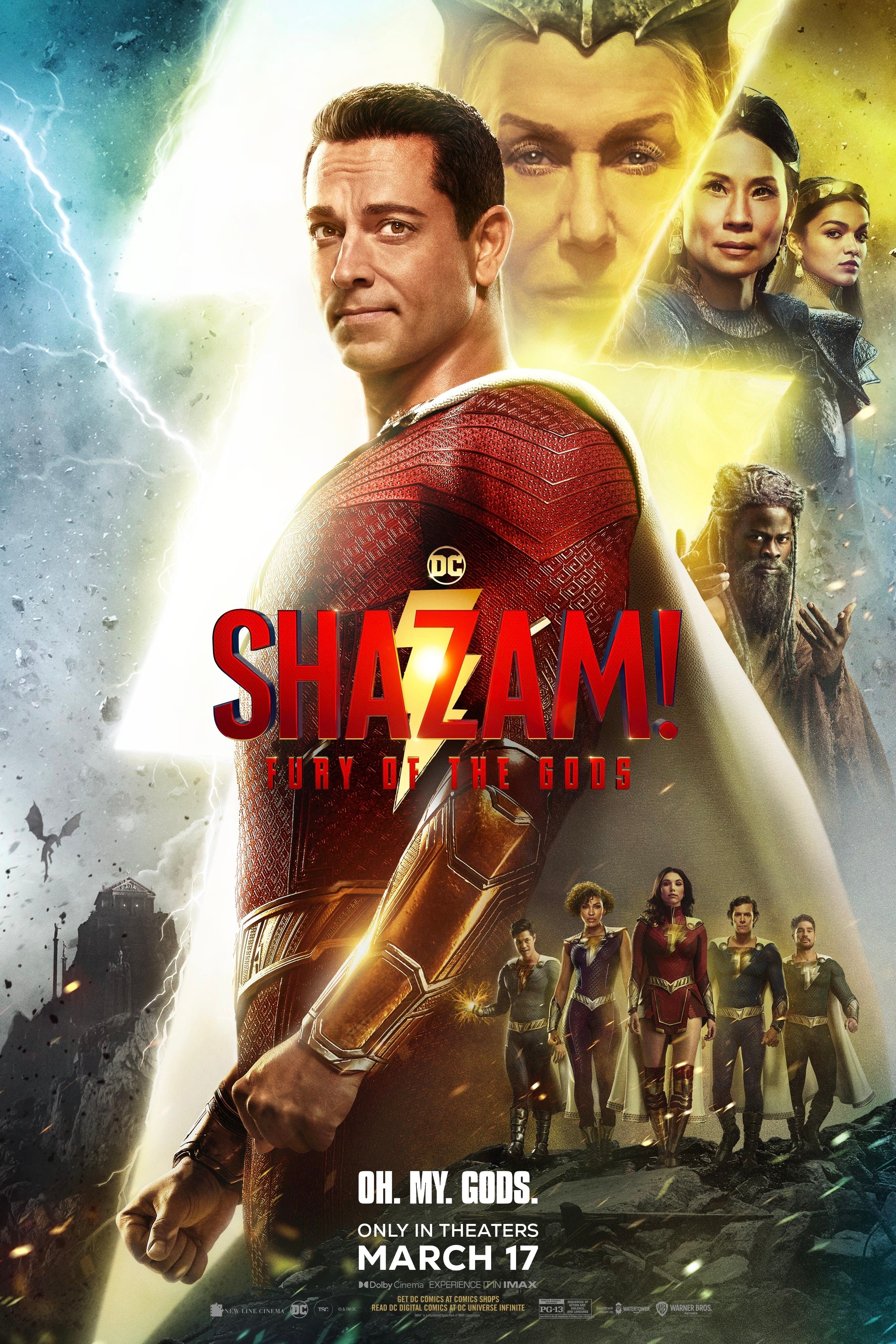Warning: Contains SPOILERS for The Suicide Squad.
James Gunn's The Suicide Squad has raised plenty of questions about its relationship to the original Suicide Squad - is it a sequel? is it a reboot? is it a standalone? - but with the movie released, only one question truly matters: is it better? Gunn making The Suicide Squad brings things full circle. The 2016 movie, written and directed by David Ayer, drew a lot of comparisons to Gunn's Guardians of the Galaxy, especially from its trailers, but they weren't favorable for the DCEU movie upon release.
There is, of course, a lot of context within that, since Ayer and Warner Bros. clearly had very different opinions on what Suicide Squad should be and the direction it needed to go in. Perhaps unsurprisingly, the studio "won", and the movie, while not a box office flop (its $746.8 million haul wasn't too far off Guardians, in fact), it was a critical disaster. Fast-forward five years, and Gunn - following a firing and re-hiring by Disney - has delivered his own take on Task Force X.
The Suicide Squad brings together some of those Guardians of the Galaxy influences, the initial promise of the first Suicide Squad, and Gunn's sensibilities as a filmmaker with gory horror roots. It's a potent alchemy, and while The Suicide Squad has some returning characters and actors from the 2016 movie - Harley Quinn (Margot Robbie), Amanda Waller (Viola Davis), Rick Flag (Joel Kinnaman), and Captain Boomerang (Jai Courtney) - it is mostly a unique experience, and one with a very different end result in terms of quality too.
How The Suicide Squad Is Different To The Original Movie
The Suicide Squad and Suicide Squad have the same broad premise, following Amanda Waller putting together Task Force X for a highly secretive and even more dangerous mission, which could cost them their lives one way or another. They also have some of the same characters, as previously mentioned, and so there's very much a sense of shared DNA between them, but for the most part they are extremely different. 2016's Suicide Squad was, in its end product at least, an attempt to shift away from the tonal issues that had seen Batman v Superman: Dawn of Justice receive so much criticism. There were attempts at being lighter, but it was also still somewhat grimly nihilistic. It was also, perhaps crucially, PG-13, which arguably restricted the movie from going all-out like a Suicide Squad film needs to.
In contrast, The Suicide Squad is a gory, violent affair that earns its R-rating. It may still have some nihilistic tendencies - this is a team signing up to potentially die, after all, and at least one (David Dastmalchian's Polka-Dot Man) hopes that's the case. But if there's nihilism, it's bizarrely gleeful; The Suicide Squad is a fun and funny affair that is rarely more than a minute away from either an exploding head or a dick joke (or both). It's a bigger movie in terms of scale, with some huge action set pieces and even war movie vibes at times, but it also has a lot of heart that wasn't there in the 2016 movie. It follows on some threads in a loose way - the connections between Harley, Flag, and Boomer are all apparent, for instance - but it's a completely different beast for the most part.
The Suicide Squad's Returning Characters: 2021 vs. 2016
The returning characters in The Suicide Squad give perhaps the clearest indication of its shift away from the original movie, as most are rather different to how they were portrayed in Suicide Squad. Thanks to Birds of Prey (And the Fabulous Emancipation of One Harley Quinn), the former Dr. Harleen Quinzel has undergone another movie's worth of growth, and that continues in The Suicide Squad. The Harley of the first Suicide Squad had a confidence and cockiness that largely stemmed from her relationship with the Joker, but there were also signs of Mr. J's abuse towards her underneath, while she was also overly sexualized in the movie in a way that felt cheap and largely unnecessary.
In contrast, The Siuicide Squad's Harley has long since left the Joker (Jared Leto) behind; she's still incredibly confident and weird, but it's on her own terms now, because of who she is not who she has backing her up. It's an important change, because it gives Harley much greater agency in her story, rather than being a part of the Joker's. Robbie is brilliant in both movies, expertly capturing the character's sense of humor and fighting abilities (which again get a flower-powered boost here), but in Suicide Squad she was a diamond in the rough and so stood out more, whereas now she is one jewel among many.
The changes to the other characters are perhaps a little more subtle, but still clear in parts. Waller was ruthless in the first movie but, with the frustration of working with one Task Force X under her belt, you get an greater sense of how little she cares about these people if it means getting the job done. Waller ends up having to be taken out by her own team and feels like even more of the real monster within Belle Reve than before, though it feels like a continuation of Suicide Squad rather than a total flip. That same continuity is found in Captain Boomerang, who was another of the standouts in the first movie. His time in this one is far more brief, serving as cannon-fodder alongside the "bad" Task Force X in the opening mission, but he's still the same smirking, hilarious a-hole from the first film, just with less of him to enjoy.
Rick Flag, meanwhile, feels like he has grown more into his role as leader of Task Force X. Kinnaman's performance is certainly much more of a positive in The Suicide Squad, as he feels a little less stiff and offers a bit more charisma, and a lot more heart (which never fully came across in the first, hurt by the poor execution of the storyline with Cara Delevingne's Dr. June Moore/Enchantress). He was serviceable in the original movie, but was lost among its weirdos; here, while he's still not as odd as the rest of them, he shares a stronger dynamic with the team, and there's a greater showcase for his moral goodness and bravery, giving him a deeper arc overall.
The Suicide Squad Is Better Than 2016's Suicide Squad (In Every Way)
To put it plainly, The Suicide Squad is a complete upgrade on 2016's Suicide Squad in just about every possible way. That's not to say the movie is perfect - it has some issues with pacing, the gore may be too much for some and can occasionally disrupt the narrative or emotion, and inevitably some characters get a shorter shrift. But at the same time, this is a movie that is completely confident in what it is and what it wants to do: it's riotously entertaining, uproariously funny, manically energetic, delightfully weird, and yet bursting with character and heart as well.
The improvements are clear pretty much across the board in the 2021 film, from The Suicide Squad's soundtrack to its story, its characters to kills. In an attempt to further bolster its "Guardians of the Galaxy, but with villains" hook that WB was looking to sell the movie on, it was filled with a range of pop, rock, and rap songs. It had the unfortunate effect of making large chunks of the movie feel like a music video, rather than the songs particularly complementing the sequences or providing an amusing juxtaposition. Gunn, of course, is acclaimed for curating his soundtrack on Guardians 1 & 2, and while The Suicide Squad's isn't quite on that level, it does once again have that same sense of care going into it; the songs brilliantly pair with, or contrast to, what's on screen, helping to elevate but never overshadowing.
2021's The Suicide Squad also boasts a much neater story. In the 2016 movie, it was hurt because of how much hinged on Enchantress and the semi-frequent interruptions by the Joker, leading to a plot that was both muddled and bland. The Suicide Squad's journey to Corto Maltese feels relatively straightforward by comparison, but it does back in some exciting plot twists - the opening trick of the Task Force X diversion team is a genius movie to kick-start the action, and it allows the film to deliver one major thing the original didn't: actually killing off a lot of characters, delivering on the entire promise of the Suicide Squad as a concept. Again, it doesn't all work - some of the diversions to Harley's story before she joins the main group feel a little like too much of a distraction - but for the most part it's a story that allows its characters to shine, its action sequences to thrill, and its characters to die.
That allows for a better villain too. Even just on a surface level, Starro the Conqueror looks vastly superior to Enchantress and Incubus, as it's several levels above in terms of the CGI and the bright colors are far more visually appealing. But he's also a much bigger, more believable threat, to the point where it's almost incredulous that Task Force X is dealing with Starro and not the Justice League. At the same time, Starro's positioning as an alien captured and tormented over several decades by The Thinker (Peter Capaldi) brings with it a sense of pity for the character. He may be a pink and blue kaiju-sized starfish destroying an entire country, and yet there's a sadness and sorrowfulness there, with an understandable anger to him as well. It's great character work, and reflective of The Suicide Squad as a whole.
It's in those characters that The Suicide Squad is most successful. Any movie about Task Force X is going to live or die (and mostly the latter) on the strength of its roster, but while Suicide Squad was well cast, those characters weren't well-written or at least weren't well-realized on screen. Outside of its two big hitters in Robbie's Harley and Will Smith's Deadshot, alongside scene-stealing moments from Boomerang, none of the original movie's characters landed. They were bland, forgettable, mostly one-note creations.
While The Suicide Squad has lots of early deaths, even some of those characters - like the not-actually-dead Weasel - are so outlandishly bizarre that they become memorable - but its greatest strength is in the core group. Gunn and Dastmalchian turn Polka-Dot Man, a character who is little more than a joke in the comics, into a figure of tragedy; Bloodsport (Idris Elba), Flag, and Peacemaker (John Cena) all represent different views on the perfect soldier and leader, with hidden depths to each; Daniela Melchior is a revelation as Ratcatcher 2, firmly becoming the heart of the movie and its standout character. It's an ability the director previously showed with the Guardians, and he nails it again here.
Is The Suicide Squad Better Than The Ayer Cut?
There is, of course, one big caveat when comparing The Suicide Squad to the original movie, and it's that the former is the complete vision of its maker, whereas the latter is the result of contrasting ideas and ideals and of studio interference. Similar to Justice League, the version of Suicide Squad released in cinemas back in 2016 has been disowned by its credited director; David Ayer didn't have the final edit on the movie, and he's been very vocal about how it's not the film he made. It remains to be seen whether the campaign to release the Ayer Cut will ever succeed or even just reach the same level as its Snyder Cut equivalent (and that alone should mean people never say never), but it is clear that this was a vastly altered film.
Ayer has spoken of a few times of how his take on the movie was changed to what was eventually put into movie theaters. In a statement, Ayer said his Suicide Squad was all-score, rather than the radio soundtrack heard in the 2016 release, and had "traditional character arcs, amazing performances, a solid 3rd Act resolution." It's known that the Joker had a vastly different role in the Ayer Cut (with many of Leto's scenes ending up on the cutting room floor), and that a lot of other arcs and moments were lost in the edit. Without a release, of course, it's impossible to know for certain whether it would be better than the 2016 movie, let alone The Suicide Squad. It's easy to imagine it outdoing the original, since it's a low bar and what's been revealed suggest an experience more in line with what viewers originally hoped to see. By the same token, it's harder to imagine it beating out James Gunn's film, which is everything a Suicide Squad movie ought to be and then some.

